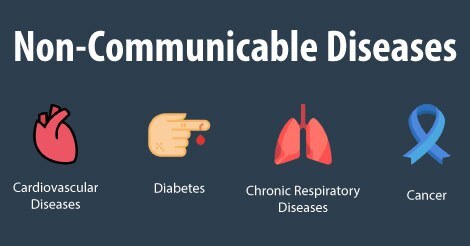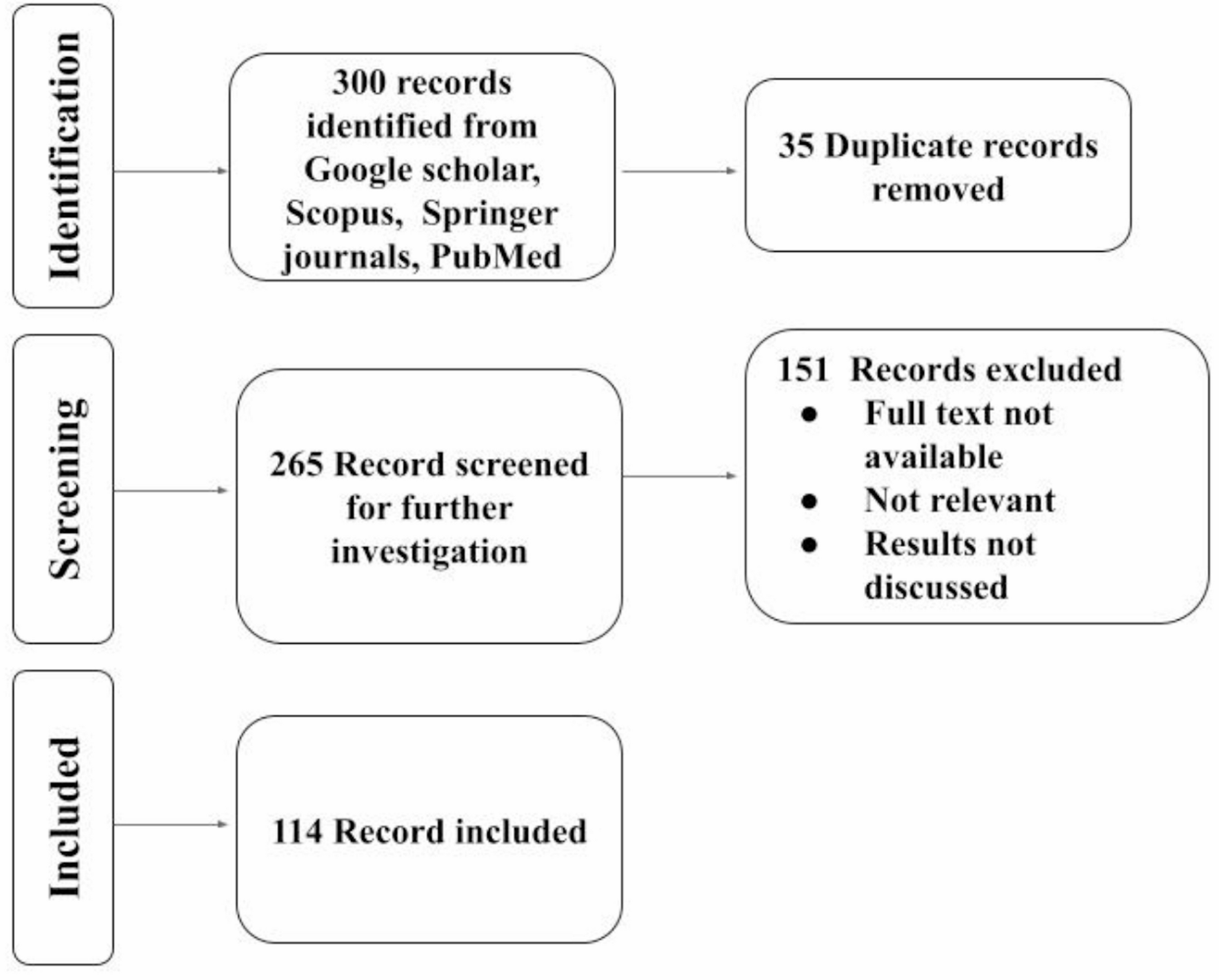Highlights of our recent publication "Harnessing Machine Learning and Deep Learning for Non-Communicable Disease Diagnosis: an In-Depth analysis"
Published in Computational Sciences, Biomedical Research, and Public Health

Our paper provides a review of machine learning and deep learning techniques used for the diagnosis of human non communicable disease. As a healthcare and medical domain impacting a large part of society due to its vital role in maintaining and improving people’s health and well being. The review paper summarizes the impact of artificial intelligence in the healthcare domain and provides research challenges and future directions to the other researchers for the further development for the benefit of society and people.
Non-communicable diseases are medical conditions or diseases that are not caused by infectious agents. They are not transmissible from one person to another and tend to be
chronic in nature, often requiring long-term treatment and management. The terms non-communicable disease and chronic disease are often used interchangeably. All noncommunicables are chronic diseases. Noncommunicable diseases, including heart disease, stroke, cancer, diabetes and chronic lung disease, are collectively responsible for 74% of all deaths worldwide.The diagnosis of non-communicable diseases is critically important due to their profound impact on individual health, public health systems, and socio-economic development worldwide.
This paper provides a comprehensive survey based on machine learning and deep learning techniques used to diagnose various non-communicable human diseases.
● The paper discussed non communicable chronic disease, importance of diagnosis and prediction and its review.
● The paper provides the comparison of existing reviews with other review/survey papers with tabular format.
● The technical summary/state of art technology for disease diagnosis of the following disease mentioned in the tabular format: cardiovascular diseases, cancers, diabetes, lung disease, mental health disorders, Alzimer’s disease, Parkinson’s disease, epileptic seizure, parkinson’s disease, and chronic kidney diseases.
● The contribution by various authors and research is summarized along with their performance parameters.
● The study also summarized various research challenges in healthcare domain using ML and DL techniques.
● The study also provides solutions to overcome the research challenges using machine learning and deep learning techniques.
● The study finally provided future directions to the other researchers based on the various literature surveys.
Follow the Topic
-
Archives of Computational Methods in Engineering

This journal is a forum for disseminating the state of the art on research and advanced practice in computational engineering.






Please sign in or register for FREE
If you are a registered user on Research Communities by Springer Nature, please sign in